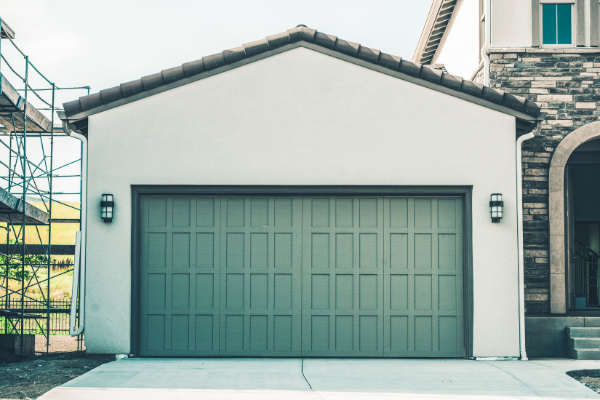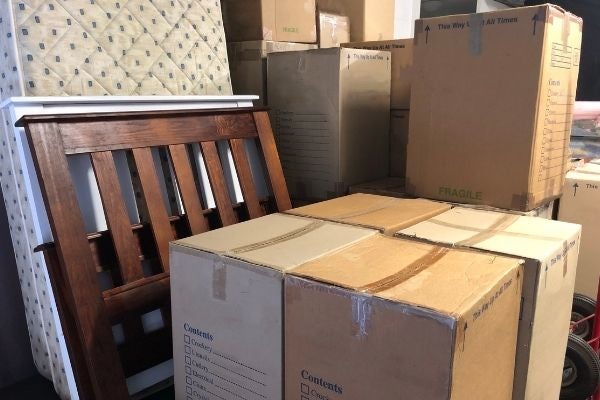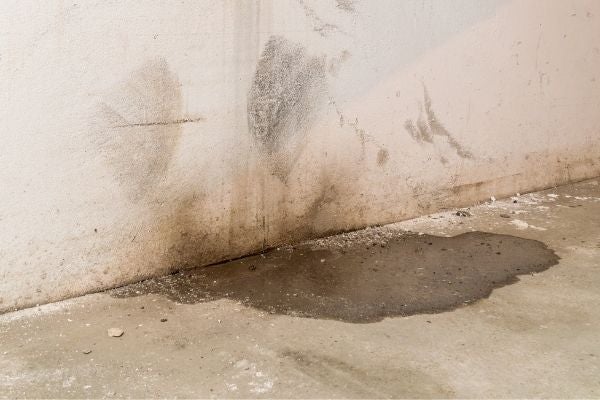-
Does My Home Insurance Cover My Garage?

Insurance companies can be pretty good at throwing us curve balls. Just when we think something is covered, it might not be either because of a contingency or a point of coverage we didn’t know we needed. One example of this is our garages. It’s common to believe that our attached garages and their contents are covered by our homeowner’s insurance and for the most part, that’s true, but there are some exceptions that you should know about.
Your attached garage is covered by your insurance because it is considered to be an actual part of your home. Your insurance will pay for the damaged structure and contents, but from here on out it gets a little trickier. If you are planning to keep very valuable items such as an antique car in your attached garage, you should talk to your insurance agent about making certain that your policy is large enough to recover those costs if damage or theft should occur. Detached garages are another issue. They are usually only insured for one-tenth of the value of your home so if you will be keeping valuable or irreplaceable items in a detached garage, you should definitely contact your insurance agent for a better policy.
You will also need to contact your insurance agent if you are running a business out of an attached or detached garage. Your business will not be covered by a traditional homeowner’s policy and will likely need separate coverage.
Whether your garage is attached or detached, the following kinds of damage are covered by most homeowners’ policies:
- Burglary, theft, or vandalism
- Damage from falling objects like trees
- Lightning and fire
- Smoke damage
- Structural damage from the weight of ice or snow
- Damage from hail and windstorms.
There is also a list of things that most homeowners insurance policies won’t cover that includes:
- Some types of water damage
- Maintenance or wear and tear issues
- Equipment or mechanical breakdowns
- Power surges
- Rodent or pest infestations
- Damage from floods
- Damage from earthquakes or other uncontrollable earthly movements.
Insurance won’t pay for things like power surges that were caused by power companies, certain natural disasters without separate coverage policies, or things that occurred due to the negligence of the owner as in the case of infestations and wear and tear.
Maintaining your garage by keeping it clean and secured with strong garage doors and locks is a good way to be sure that your insurance will pay for damages if something unforeseen does occur. Thomas V. Giel Garage Doors, Inc., can help you with all your residential or commercial garage door needs. Contact us today to schedule a service or sales call.
-
10 Things You Should Never Store in Your Garage

Many people use their garage as a type of storage room. They run across something they aren’t using or don’t have room for, so they store it in the garage. This gets the unneeded items out of our way, but it also falls prey to the “out of sight, out of mind” principle. Fluctuating temperatures, rodents and pests, and humidity are some of the enemies your garage harbors that can damage your belongings. Other items just pose safety hazards regardless of the conditions inside the garage.
These are some of the things that should never be stored inside a garage.
- Gasoline, Propane, or Other Combustibles – Propane should always be stored outside. You should store gasoline outside or in other outbuildings that won’t pose as great of a risk to your home.
- Paint – Leftover paint is great to have when touch ups are needed but storing it in a garage can cause it to thicken and separate due to temperature changes.
- Canned Food – Temperatures that exceed 85 degrees will cause spoilage while dampness and humidity cause cans to rust.
- Paper Documents – Paper attracts chewing pests like mice and silverfish and varying temperatures can make books and paper curl and crack.
- Photographs – Humidity and high temperatures can make photographs stick together causing irreversible damage.
- Clothing and Bedding – Even though they may be tightly wrapped up, tiny insects, moisture, and exhaust fumes and other odors can still creep into and ruin fabrics.
- Unused Electronics – Moisture from condensation or other pests can destroy circuit boards and other components.
- Wood Furniture – Wood swells and contracts in response to changes in temperature and moisture can cause veneers to warp.
- Spare Refrigerators – Higher temperatures make refrigerators work harder to keep food at lower temperatures. This extra effort causes an increase in your energy bill.
- Firewood – While it would be convenient to only have to go out to the garage to get a few pieces of firewood, a stack of firewood can also harbor insects and mice that can invade other areas of your garage.
Regularly declutter your garage to avoid causing damage to your belongings. Removing debris and food particles from your garage will prevent rodents and other invaders from being drawn in.
A great way to protect your car, your belongings, and the rest of your house is to have a secure garage door that has been installed properly. If you need garage door repair or are interested in reviewing options for a new garage door, contact the experienced professionals at Thomas V. Giel Garage Doors, Inc.
-
Why is Water Leaking into My Garage?

It’s normal to see small accumulations of water on your garage floor that were caused by strong rainstorms or melting snow. They are usually easy to clean up or evaporate with no issues, but there may be a problem if you are finding more than the occasional puddle. Water accumulation in corners or odd spots that are causing damage need to be attended to. While looking for a garage door leak is a good place to start, there are many other sources to consider.
Here are some areas to check for water leakage.
- Damaged or Broken Door Seals – If the gasket, or bottom seal, of the garage door is damaged or torn, it will let in water, debris, and unwanted animal pests.
- Garage Door Problems – Things like the door being off of its alignment or other damage could also be allowing water into your garage.
- Rain Gutters – Water can pool and seep into the garage if there are no gutters to drain the water away from the house or if the existing gutters are leaking.
- Surrounding Terrain – Gravity might be causing the water to flow naturally to its lowest point which might be the floor of your garage.
- Deteriorating Seams – Seals around windows and doors may need fresh caulk to keep moisture out.
- Sill Plate Deterioration – If the sill plates at the foundation of your home have been damaged by decay or termites, they could be the source of the problem.
- Plumbing Issues – A leaky pipe or water heater can cause water damage.
- Missing Shingles or Moisture Barriers – Damaged roofing or siding might be allowing the water to get into your garage.
Floor cracks and pitting can pave the way for more damage that occurs over time. Water that continually soaks wood framing and drywall leads to structural damage, the possible formation of mold, and very costly repairs.
Garage door repairs, such as replacing the gasket, may be the solution. An experienced, fully insured, trusted garage door company will provide trained experts who can identify the problem and guide you through the repair process to include choosing a new door if necessary. If you are having a water problem in your garage, contact Thomas V. Giel Garage Doors, Inc., for a consultation.
